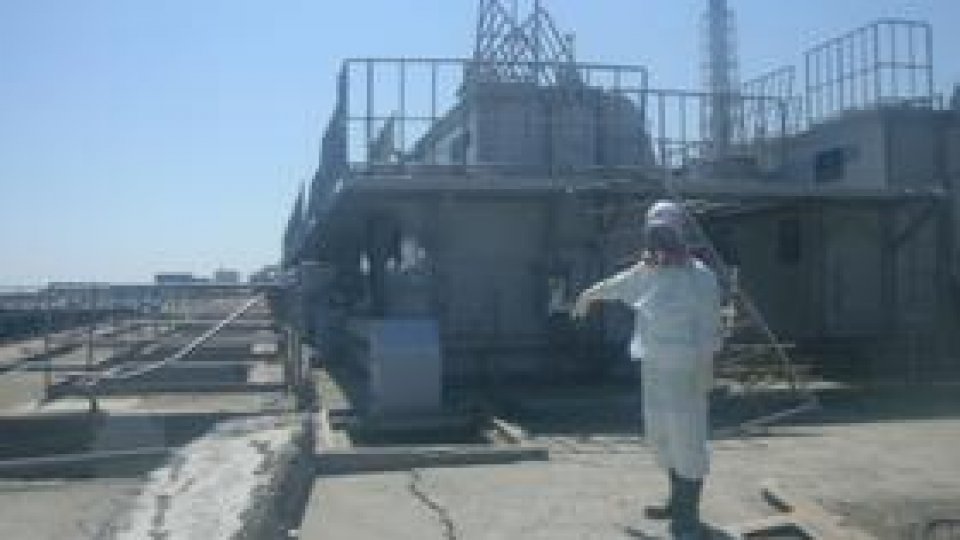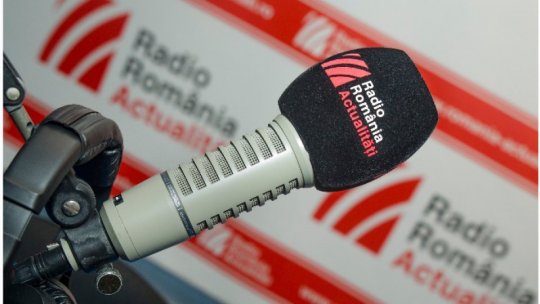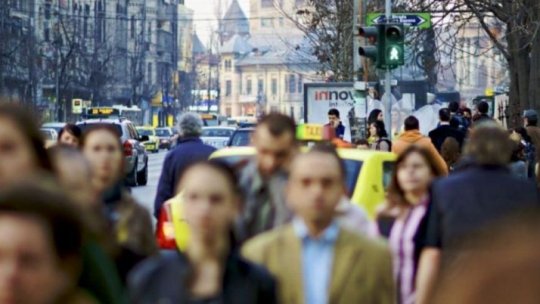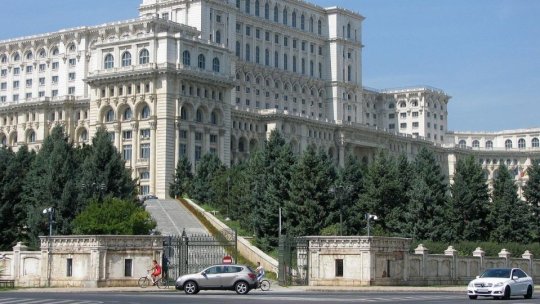Radiation level in Romania "not dangerous"
The radioactive iodine level Romanian scientists have found in water and milk samples is extremely low. The Government is going to have a session in the reports of institutions concerned.

Articol de Paul Poteraşi, 14 Aprilie 2011, 09:54
The radiation level recorded by the researchers at the Institute of Atom Physics in Măgurele does not pose a threat for the population, Nicolae Zamfir, director of the institution, assures us.
He insisted that a future explosion of the nuclear fuel storage at Fukushima nuclear plant might cause radiation level in our country to rise.
"A group of researchers have conducted some tests with water and milk and found radiation traces".
"But they are so low that they do not pose a threat to the population", Nicolae Zamfir added.
Director Nicolae Zamfir stated for Radio România that a future explosion of the used nuclear fuel storage at the Fukushima power plant might cause the radiation level in our country to rise.
In its turn, the National Commission for Nuclear Activities Control released a report that the radiation at Fukushima, Japan, does not pose a radiological risk to Romania, and the analysis of the Cernavodă Plant proved safer than the Japanese one.
Committee representatives reported that the most important contamination took place between 20 and 24 of March, but the latest data indicate a fall in the precipitation rate of the radioactive substances.
Specialists at the National Institute of Public Health announced on Tuesday afternoon that the iodine radiation level recorded recently does not pose a threat to the population.
Before that, the Environmental Protection Agency and the researchers at the Horia Hulubei National Institute of Physics and Nuclear Engineering noticed radioactive iodine in rain water and sheep milk around Slănic Prahova.
Government to analyze the report
The Government is going to analyze the report which indicates radioactive iodine in rain water and sheep milk on Wednesday.
PM Emil Boc stated on Tuesday at Comana, Giurgiu County, that he had asked for all the necessary data from concerned institutions and the conclusions of the study are going to be discussed in a session.
"I will have the report in session, because I need all the official data", Emil Boc stated.
In his turn, Valeriu Tabără, minister of agriculture, stated that certain tests will be made, because there is a possibility that the iodine in the milk is not radioactive.
"Farmers use it as disinfectant", Valeriu Tabără added.
The minister of agriculture explained that, in case data show that it is radioactive, the source and amount have to be determined.
"You always have to retake tests. I have a research background and a result you get always has to repeat itself in your tests".
"I think we are jumping to conclusions, we will have to see after the tests are retaken if the iodine is real or not", Valeriu Tabără stated.
The Japanese Nuclear and Industrial Safety Agency has risen the alert level from 5 to 7 at the Fukushima Daiichi Power Plant, the same as in Chernobyl in 1986.
Japanese authorities claim the level reflects the acuteness of the crisis, but not the current situation, since the radiation level has significantly fallen.
Translated by: Gabriela Lungu
MA Student, MTTLC, Bucharest University









